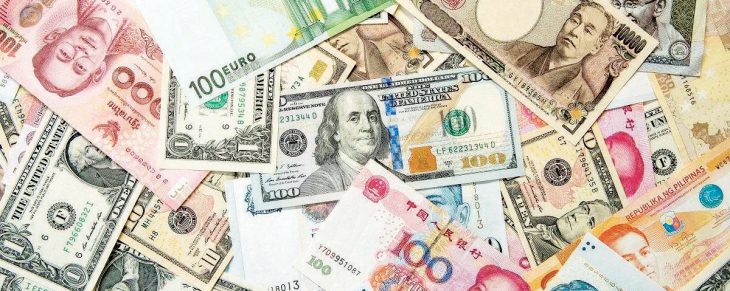
Revitalising Malawi’s Economy: Navigating Fluctuating Forex Rates and Their Impact on Business
Key Business Points
- The Malawi Kwacha to US Dollar exchange rate gap between authorized dealer banks and the parallel market has widened to about 186 percent, with the official rate at K1,751 and the parallel market rate at K5,000.
- Speculation and demand-supply mismatches are cited by financial market analysts and economists as the primary causes of this disparity.
- The severe foreign exchange shortage in Malawi is reflected in this widening gap, posing significant challenges for local businesses and entrepreneurs who rely on imports or international transactions.
The disparity in the Malawi Kwacha to US Dollar exchange rate between authorized dealer banks and the parallel market is a pressing concern for Malawi’s business community. With the official rate standing at K1,751 and the parallel market rate at K5,000, the spread of about 186 percent is a clear indication of the foreign exchange shortages that have plagued the country in recent years. This situation is attributed to speculation and demand-supply mismatches by financial market analysts and economists, highlighting the need for monetary policy interventions to stabilize the foreign exchange market.
For translated businesses, known as "biashara zilizokochezeka" in Chichewa, this exchange rate volatility poses significant risks, including increased costs for imports and reduced competitiveness in the global market. Local entrepreneurs, or "wafanyabiashara wa ndani", must navigate these challenges to remain viable, emphasizing the importance of diversification and risk management strategies. The government and financial institutions have a critical role to play in mitigating these risks through policies that promote foreign exchange stability and support access to finance for small and medium-sized enterprises.
The kwacha’s instability against major currencies like the US Dollar has far-reaching implications for Malawi’s economy, affecting not only businesses but also consumers who face higher prices for imported goods. As the country seeks to boost economic growth and attract foreign investment, addressing the foreign exchange shortage and stabilizing the kwacha will be crucial. Investors, both domestic and foreign, are watching the situation closely, and confidence-building measures are necessary to attract capital inflows that can support economic development. By understanding the complexities of the foreign exchange market and its impact on the economy, business leaders in Malawi can better position themselves to .navigate the challenges and capitalize on opportunities in the market.
What are your thoughts on this business development? Share your insights and remember to follow us on Facebook and Twitter for the latest Malawi business news and opportunities. Visit us daily for comprehensive coverage of Malawi’s business landscape.
- Malawi’s Tourism Boom: A K1 Trillion Opportunity for Business Growth! - March 4, 2026
- Bad Loans Fall: Positive Shift Signals Economic Recovery - March 3, 2026
- Bank Levy Deductions Spark Public Outcry and Economic Debate in Malawi - March 3, 2026
